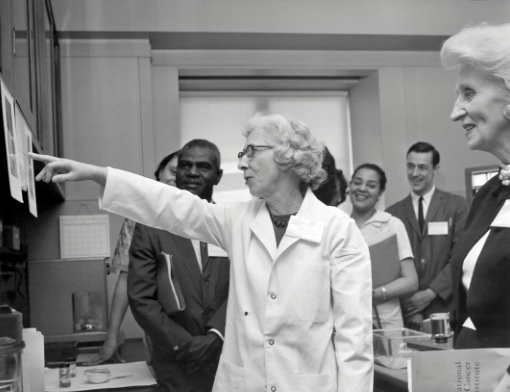Search through our array of mind-enhancing articles to boost your co-curricular knowledge. Explore the titles most relevant to you by searching by subject (e.g. Geography, Engineering, Medicine) or other keywords (e.g. University Application, Oxbridge, Careers, Work Experience) below.
Decode the Mind: Memory Explained
The ability to acquire new information and retain it over time is a crucial skill for daily function, and a range of processes of memory facilitate this. Understanding memory processes can be applied to training memory and developing skills, such as in the case of ‘memorists’ such as Rajan Mahadevan. How can it be possible to earn a place in the Guinness Book of World Records in 1981 for reciting the first 31,811 digits of pi?
Minds on Medicine: Can Cancer be Combatted?
Cancer is a highly prevalent, multifaceted and unique disease that kills one in five individuals. Find out about the onset, characteristics and treatment of Cancer with an Oxford Medic. Could genome sequencing give rise to new treatments? Is the dream of a single ‘cure’ a practical one in combatting the destructive disease?
Social Neuroscience: From Neural Mechanisms to Social Behaviour
Social neuroscience is the study of the role of biological systems in implementing social behaviour. Specific brain areas have been found to be specialised and particularly responsive during social interactions, and not activated in non-social conditions. Find out about the ‘social brain’ and how understanding, empathy and altruism can all be explained by neuroscience.
Why Attending Talks & Lectures is Important for University Applications and Beyond
Attending events & lectures allows you to gain a rounded appreciation for a subject you are passionate about beyond your school syllabus. School, with its strict schedules and compulsory material, often does not allow enough space for individual exploration and time for you to find out what you are passionate about; instead, you must have the initiative to seek out knowledge. There’s plenty on offer, with lectures and talks open to the public at universities across London, as well as at hallowed institutions such as the British Academy or Royal Society.



